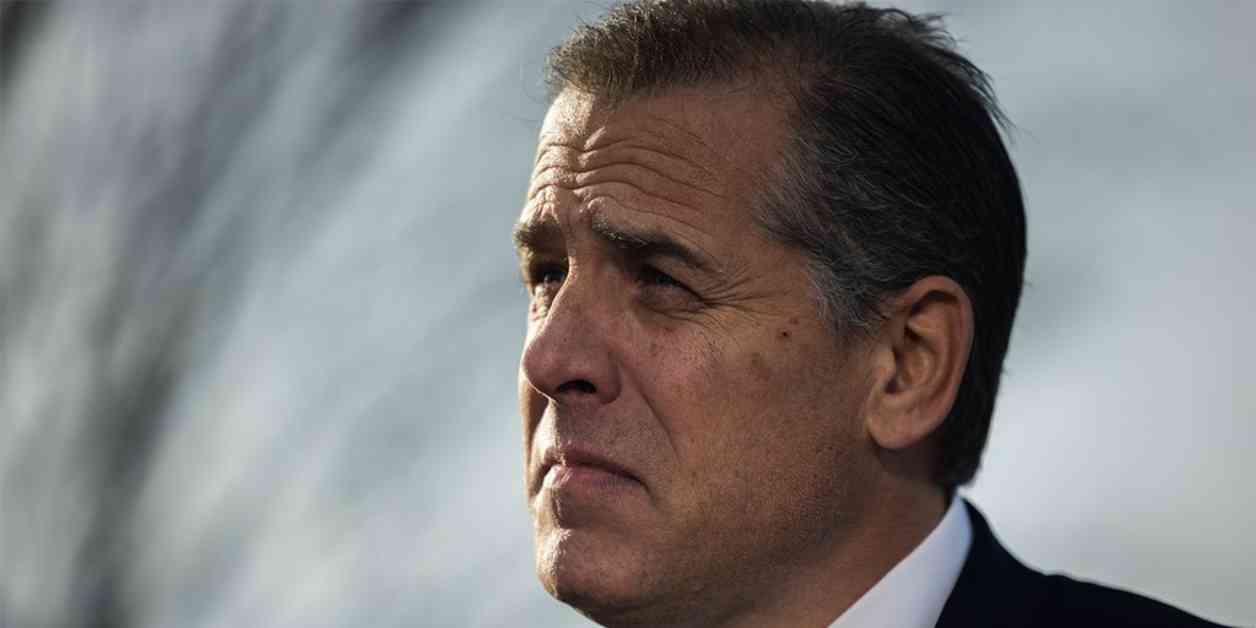Rep. Claudia Tenney from New York criticized a group of intelligence officials known as “The 51” for their role in discrediting the Hunter Biden laptop story just before the 2020 election. She suggested that these officials should face prosecution for knowingly spreading false information, citing a federal law that prohibits making false statements related to federal matters to government agents.
“The 51” refers to 51 former top intelligence officials who signed a letter claiming that the laptop mentioned in a New York Post report was likely part of a Russian disinformation campaign. This letter was later used by President Biden to dismiss concerns over the laptop during a debate with former President Trump. However, it was later confirmed that the laptop was real and was even used as evidence in Hunter Biden’s federal gun trial.
Fox News Digital contacted all 51 individuals who signed the letter to inquire if they regretted it after the laptop’s authenticity was confirmed. Some officials, like James Clapper, stood by their decision, stating that their assessment was based on experience and appeared to be accurate. Others, like Greg Treverton, also defended their actions, emphasizing the need to remain vigilant against foreign interference in domestic affairs.
Despite these responses, Rep. Claudia Tenney maintained her stance that the 51 officials should be prosecuted under federal law for falsifying or concealing material facts. She argued that the letter they signed was misleading and potentially harmful.
The full list of signatories includes prominent figures from the intelligence community, such as former CIA Director Leon Panetta, former NSA Deputy Director Rick Legett, and former CIA Deputy Director of Analysis Pam Purcilly. These officials have diverse backgrounds and experiences within the intelligence sector.
While some of the signatories believe that their actions were justified given the circumstances at the time, others, like Rep. Tenney, view the situation differently and call for accountability. The dispute over the Hunter Biden laptop story continues to be a point of contention, highlighting the complexities of navigating information in the digital age and the challenges of distinguishing between truth and misinformation.
In conclusion, the debate surrounding the Hunter Biden laptop story and the involvement of 51 intelligence officials underscores the importance of transparency, accuracy, and accountability in the dissemination of information. As the public grapples with conflicting narratives and competing claims, it is crucial to critically evaluate sources and exercise caution when interpreting news stories with political implications. The fallout from this controversy serves as a reminder of the enduring impact of misinformation and the need for vigilance in upholding the integrity of information in a rapidly evolving media landscape.





















